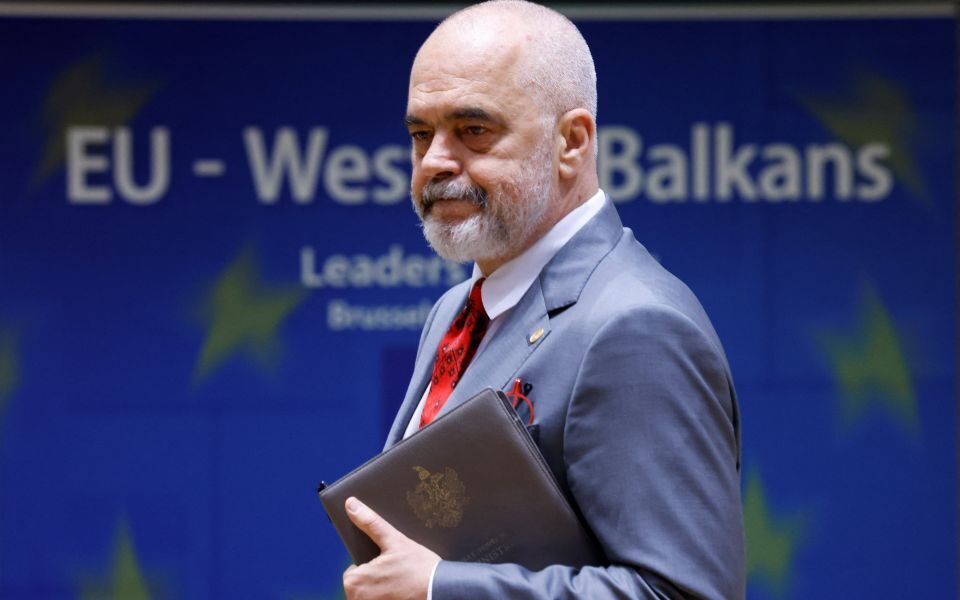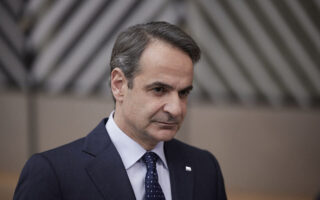Athens under EU pressure over Albania

Intense diplomatic consultations are reportedly taking place to get Greece to agree to send a letter on behalf of the European Council to Tirana so that Albania can begin negotiations on its first batch of EU accession chapters.
The relevant discussion is expected to take place at the meeting of the permanent representatives to the EU (Coreper) on Wednesday, as Albania successfully completed the first phase of its EU accession negotiations (screening process) last Friday after 14 months of consultations. It is no secret that Athens has been pressured to get on board and, in comments to Kathimerini, European diplomatic sources said that German Chancellor Olaf Scholz has stated via diplomatic channels that the accession process should not be a bilateral issue. Moreover, according to a European official, the Spanish EU presidency also appears particularly annoyed with the attitude of the Greek side.
Against this backdrop, Greece cannot, diplomatic sources said, continue blocking the letter in question for a long time after the completion of Albania’s screening process. Because of this, and in the event that it ultimately decides to send the aforementioned letter from the European Council, Athens is examining the scope for “blocking” the next phase of the relevant process, which involves a report describing all the benchmarks for what has already been or should have been fulfilled by Tirana (standing accession report), as well as the convening of a relevant intergovernmental conference.
Greece has vowed to block Tirana’s EU aspirations as long as the case of the ethnic Greek mayor-elect Fredi Beleri, who has been incarcerated since May, in Albania is not resolved, stressing that his human rights are being violated.
In response to accusations aimed at Greece of making the issue a bilateral one, State Minister Stavros Papastavrou stressed that Athens’ stance is about defending European principles.
“The Beleri issue is deeply European, it is not bilateral. It has to do with respect for the rule of law,” Papastavrou said.





